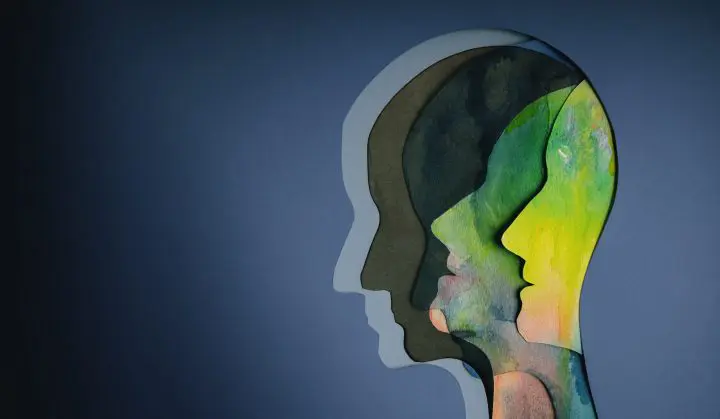Dissociative Disorders Treatment

Dissociative disorders are complex mental health conditions characterized by a disruption in a person's consciousness, memory, identity, or perception of the environment. Treatment for dissociative disorders typically involves psychotherapy, particularly approaches that address trauma and help individuals integrate their experiences. Here are some key components of dissociative disorder treatment:
- Psychotherapy:
- Trauma-Focused Therapy: Addressing underlying trauma is often crucial for individuals with dissociative disorders. Therapies like Eye Movement Desensitization and Reprocessing (EMDR) and Trauma-Focused Cognitive Behavioral Therapy (TF-CBT) can help process and integrate traumatic memories.
- Dissociation-Focused Therapy: Therapists with expertise in dissociative disorders may use specialized techniques to help individuals understand and manage their dissociative symptoms. These techniques might include grounding exercises and mindfulness practices.
- Internal Family Systems (IFS) Therapy: This approach helps individuals recognize and work with different parts of themselves, promoting integration and cooperation among various aspects of their personality.
- Schema Therapy: Useful for individuals with dissociative identity disorder (DID), schema therapy focuses on identifying and changing negative patterns of thinking and behavior that contribute to distress.
- Medication:
- While medication is not typically the primary treatment for dissociative disorders, it might be prescribed to manage symptoms such as depression, anxiety, or mood instability that often accompany these conditions.
- Safety and Stabilization:
- Ensuring the individual's safety and stability is a critical first step, especially if they are experiencing severe symptoms. This might involve hospitalization or intensive outpatient care.
- Education:
- Learning about dissociation, its causes, and its effects can help individuals understand their experiences and reduce feelings of isolation.
- Mindfulness and Grounding Techniques:
- Techniques that promote present-moment awareness and connection to the environment can help manage dissociative symptoms.
- Structured Routines:
- Establishing routines and predictable schedules can provide a sense of stability and reduce feelings of chaos.
- Integration and Coping Skills:
- Developing skills to manage distress and cope with triggers can help individuals navigate their symptoms more effectively.
- Supportive Services:
- Support groups and peer support can offer validation and understanding, especially for individuals with dissociative disorders.
- Long-Term Therapy:
- Dissociative disorders often require long-term treatment to address underlying issues and promote integration and healing.


